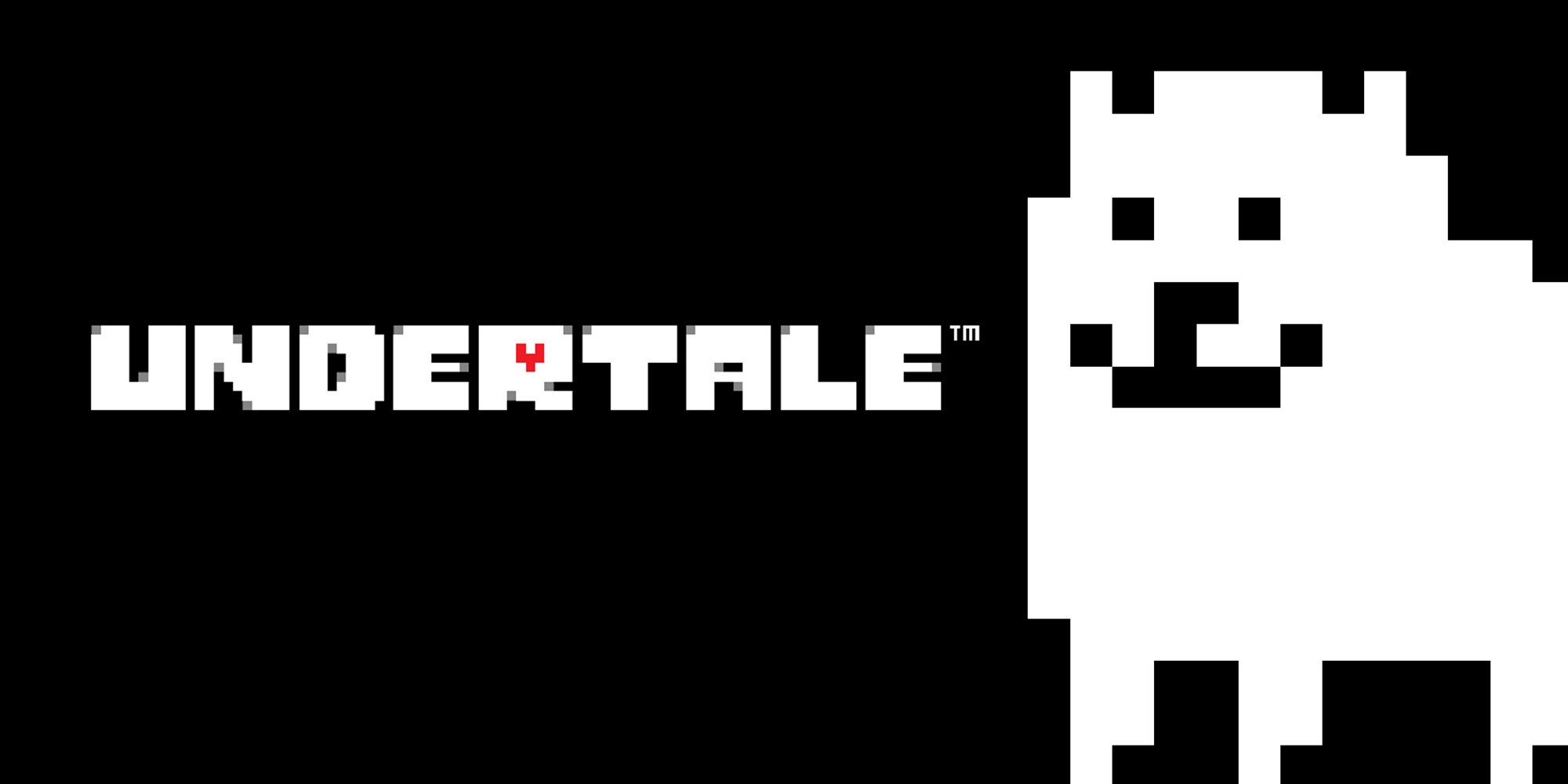
Gaming Editor Louis Wright analyses how player interactivity defines gaming
In the many mediums of entertainment that exist for consumption, whether they be books, films, stage plays, or a variety of other things – video games are unique in how they present themselves. As stated in The Art of Game Design by Jesse Schell; “The game is not the experience. The game enables the experience”.
The game is not the experience. The game enables the experience.
What this means, fundamentally, is that unlike a film, where the media that you are consuming is definitive to the experience and gained passively by the consumer, the experience that a player receives from a game is wholly their own and something they must make for themselves with the game only being a vessel for delivering this experience. Stemming from a player’s ability to influence the game, through character control, story interactivity, and even dynamically built music- in a sense the player has more control over their time with the game than the director of said game. As a result, player interactivity is necessary for defining a game, and no game reflects this better than Toby Fox’s Undertale.
Undertale, the 2015 indie RPG, is an excellent example of letting the player build their own experience with an otherwise linearly designed game. Within the game, you play as a child who has fallen into the Underground, a world inhabited by monsters, who are separated from the surface by a magical barrier.

What makes Undertale unique is the ability to allow players to not have to fight the monsters at all to complete the game- every ‘enemy’ that you fight can be pacified without violence. Thanks to this mechanic, Undertale has many branching story-paths, ranging from a ‘Genocide’ playthrough (where the player kills every monster they encounter) to ‘Pacifist’ playthroughs (where the player spares every monster they encounter), with different story-beats and dialogues being given based on who the player kills and who they spare. Previous story routes the player takes are kept track of by the game on subsequent playthroughs, referring to previous actions the player has taken on different save files.
As a result, Undertale – and by proxy the experience it enables – is entirely dependent on what the player wants to do. The freedom the game gives the player, and therefore the influence that they have over the story, allows the player to tailor the game and how they play it to their preferred style, presenting an interactivity and real-time feedback between audience and media that is irreplicable in any other medium. Undertale can only work as a game.
Undertale can only work as a game
Due to the way that the story of Undertale branches based on player action, and the fact that the game ‘remembers’ previous playthroughs, calling back to player action’s in entirely different save files of the game; it is impossible to recreate the experience that a player has and the story that is told through this experience in any other way. Films, books, and other media cannot present this dynamic structure that can be changed and built upon with audience decisions. Games, however, can present a dynamically built experience – giving the player immediate feedback to the actions they take, and creating lasting consequences in a story that they are involved with.
Games are important as a form of media and art. As a medium, it is the only form in which the audience can directly interact with what they are experiencing, the player interactivity that they provide is entirely unique. As such, they are a necessary vessel for certain stories and experiences, like Undertale, to be produced.
Watch the trailer for Undertale here:
Read more Gaming articles here:

Comments